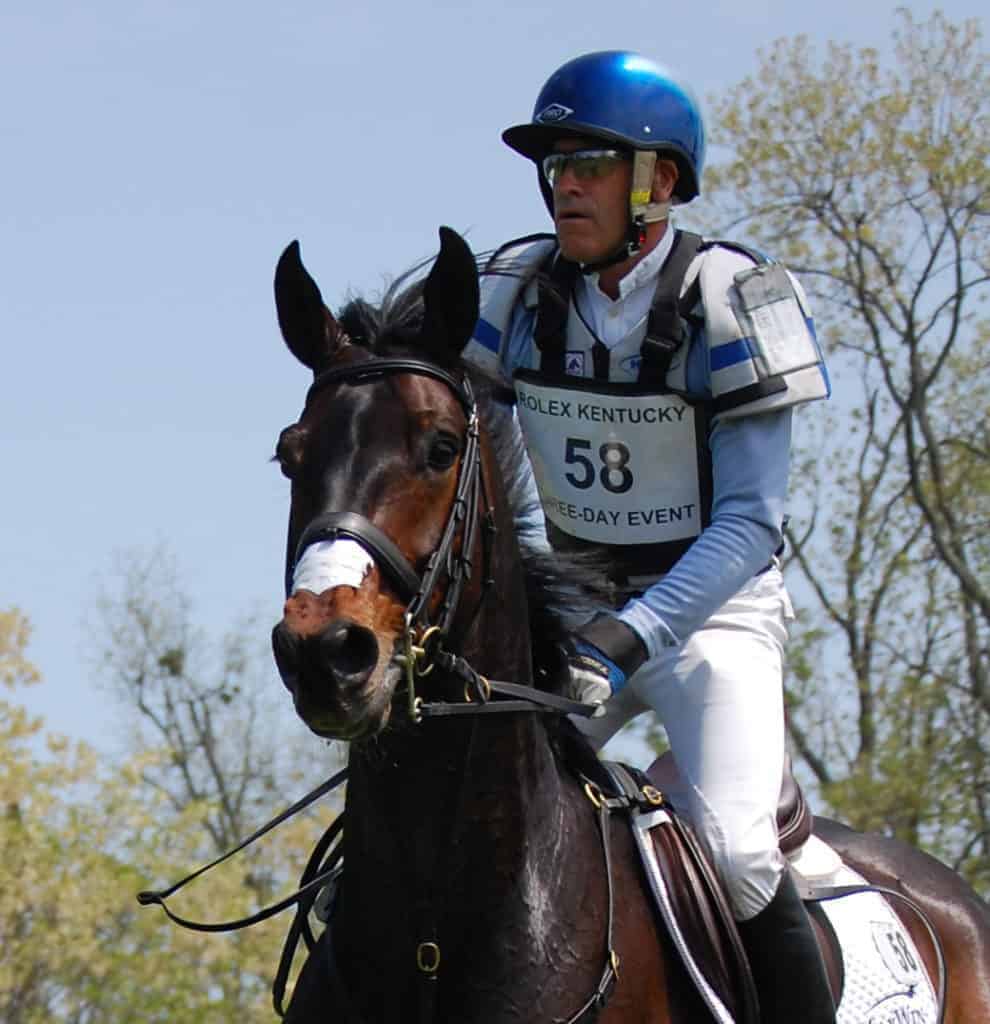
Study Shows Omeprazole Prevents Ulcers in Young Racehorses
A study confirms omeprazole can prevent gastric ulcer formation in young racehorses.

A study confirms omeprazole can prevent gastric ulcer formation in young racehorses.
The pain-killer more powerful than morphine was not found in any Derby or Oaks samples tested.
A U.S. Senate committee has released its witness list for a July 12 hearing on medication use in horse racing.
The hearing, “Medication and Performance Enhancing Drugs in Horse Racing,” will be held July 12.

Researchers found that recovery periods during conditioning could improve horse training efficacy.
Supporters ripped their opponents and vowed to take their case–that Salix is good for the racehorse–public.
Also on the website are news, videos, scientific studies, and commentary in support of medication-free racing.

Researchers collected information about health problems experienced by young horses being prepped for sale.

While some studies support the use of equine nasal strips, others have yielded less promising results.
The natural opiate has been detected in more than 30 racehorses in recent weeks.
Racing regulators around the country discuss Kentucky’s move to ban race-day furosemide administration.
A panel will present radiographic images of joints and endoscopic videos of throats Thoroughbred yearlings.
The medication furosemide (Salix) will be discussed by J. David Richardson, MD, and Foster Northrop, DVM.
Nearly 380 people posted photos of their purple pedicures to bring the total donation to $7,520.
The TRA has endorsed a policy for equine medication reform supported by many industry stakeholders.
Sophie Stenbeck has contributed $74,000 to provide veterinary care for the organization’s horses.
Stay on top of the most recent Horse Health news with
"*" indicates required fields